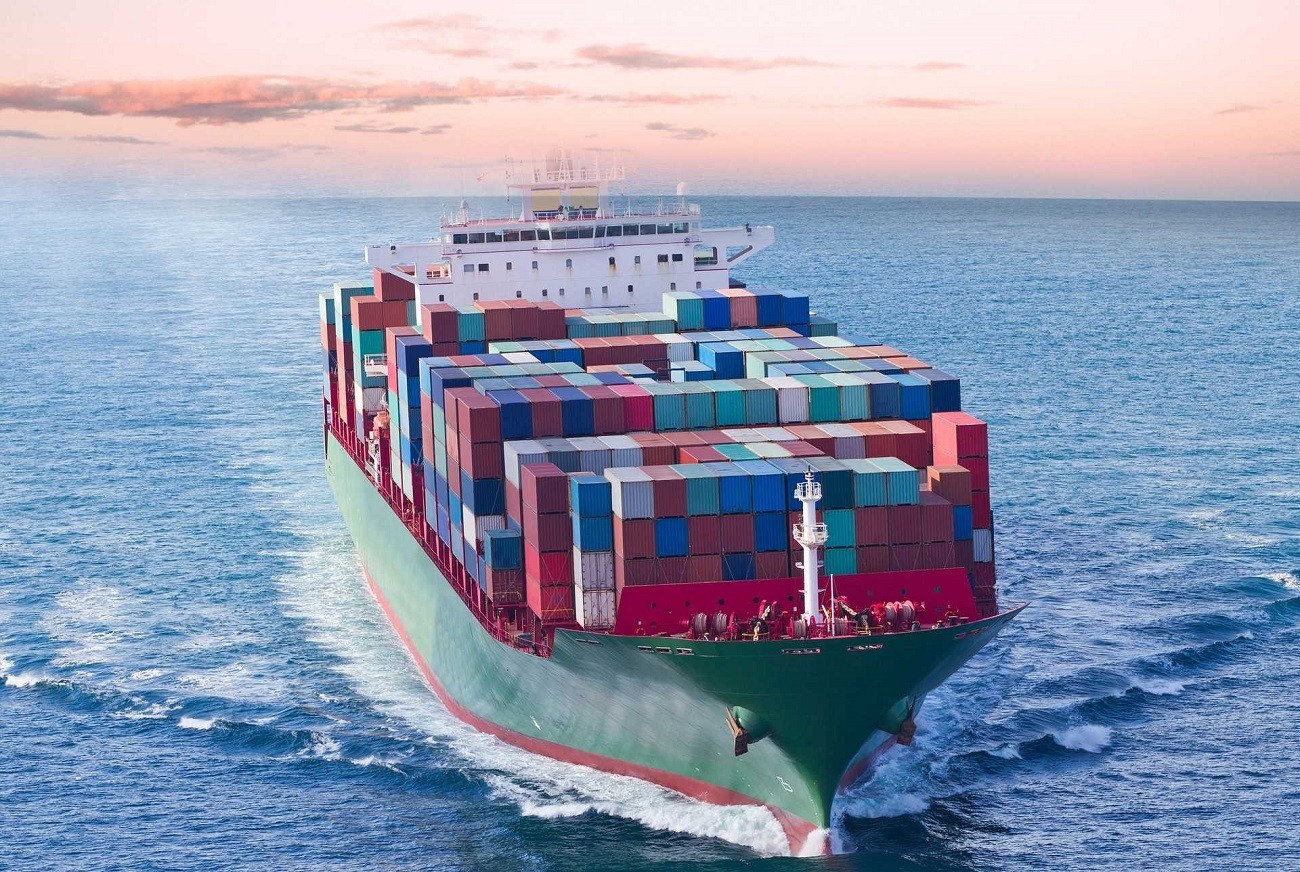What are the EBS, CIC and ECRS surcharges in international ocean shipping?
In addition to the basic cost, the international sea freight will often add Shipping surcharges apply. So what are the surcharges EBS, CIC and ECRS for international shipping?
1. What is EBS
EBS is the acronym for Emergency Bunker Surcharge, which means emergency fuel surcharge. EBS is a surcharge of sea freight, which is generally settled in US dollars like sea freight. If it is an FOB clause, this fee should be borne by the receiver, not the sender, because EBS is not part of the FOB local fee. This fee can be paid in advance or in advance.
EBS is generally a surcharge temporarily added in order to make up for the rapidly rising cost when the international crude oil price rises rapidly, and the shipping company feels that it has exceeded its own capacity. .
According to different periods, different destination ports, and different shipping companies, the charging standards may be different. Generally, it is adjusted according to the fluctuation of international crude oil prices, and it may be canceled after a long time of confiscation.
2. What is CIC
CIC is the acronym for Container Imbalance Charge, which means container imbalance surcharge. Sometimes also called Container Imbalance Surcharge. As the name suggests, this fee is a surcharge imposed by the shipping company to compensate for the cost of transferring empty containers due to the imbalance of trade volume or seasonal changes resulting in the imbalance of cargo flow and containers.
3. What is ECRS? ECRS is the acronym for Emergency Cost Recovery Surcharge, which means emergency cost surcharge. It can also be called a bad weather operation surcharge, such as bad weather conditions that cause a significant increase in ship transportation and operating costs, etc., this fee will be charged. Who should bear this cost? Surcharges belonging to freight or FOB local charges? There are different opinions, some are paid by the shipper, and some are paid by the receiver.


